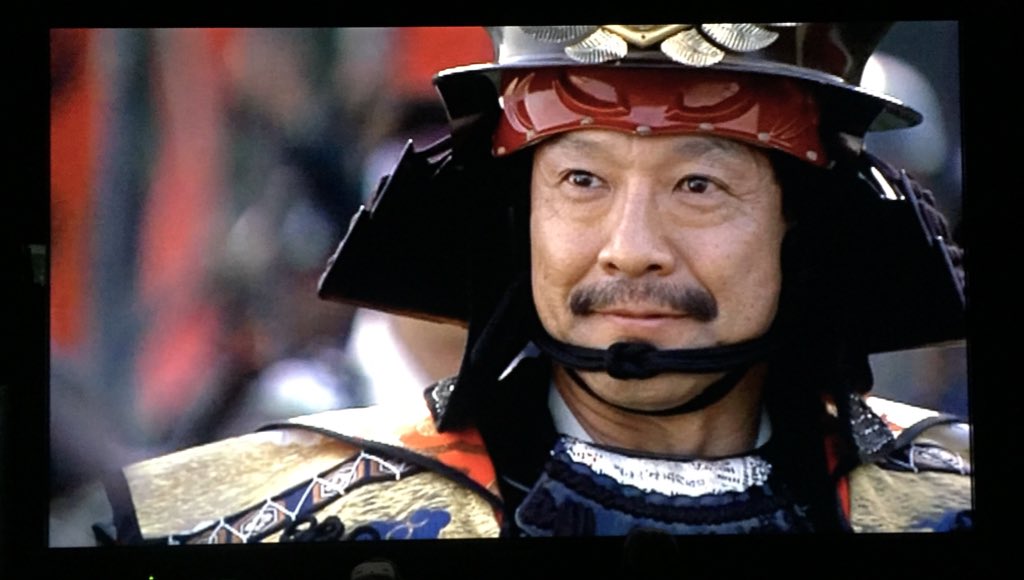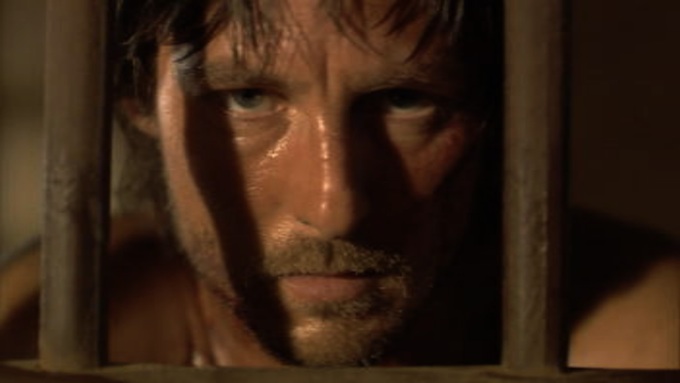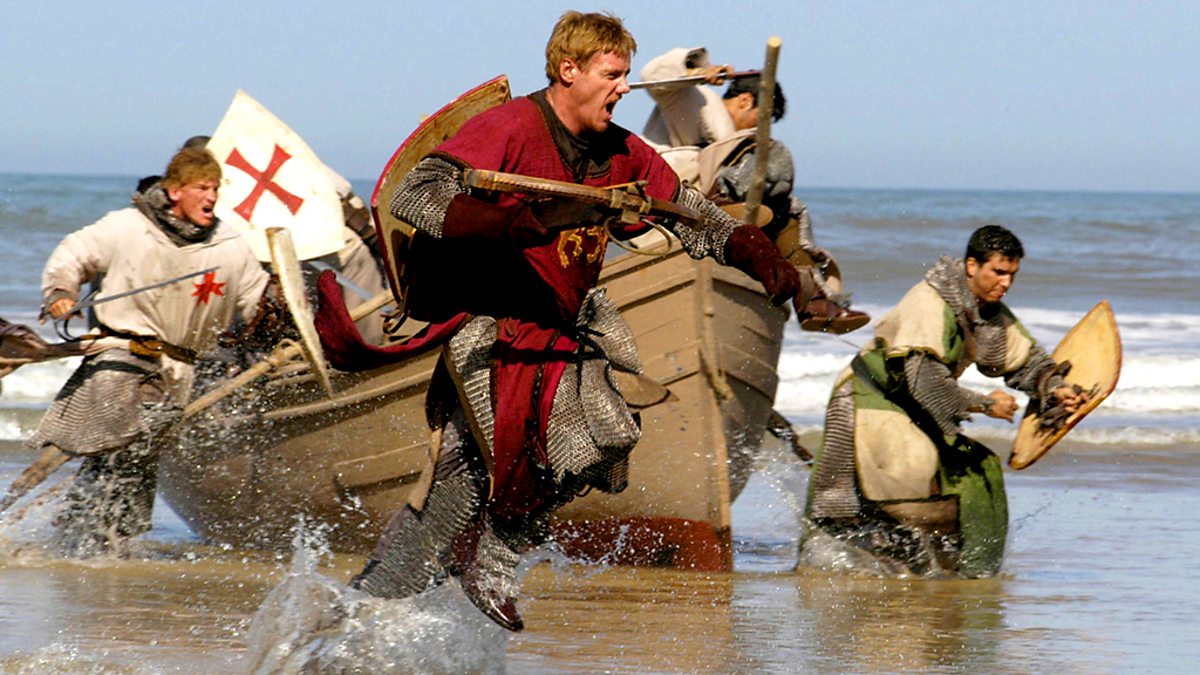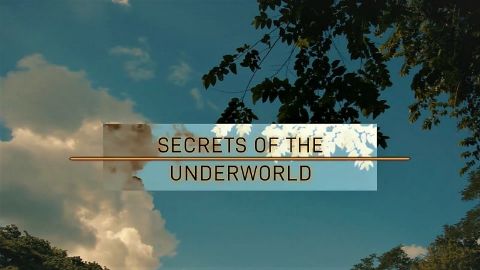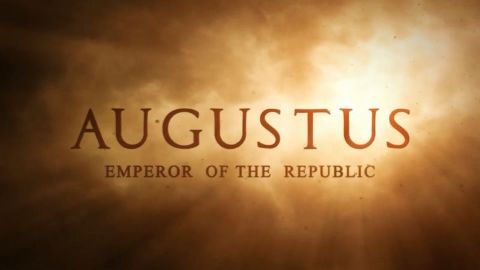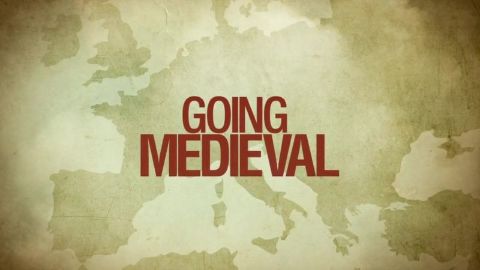Attila the Hun • 2007 • episode "S1E6" • Warriors: Great Men of History
Exploring the myth of the crude savage Attila. Part genius, part psychopath, Attila is unlike the other Huns. A calculating, ruthless gambler, his one goal is conquest - and he's set his sights on Roman cities to test out his brilliant new siege tactics. The Roman Empire is about to fall. Tribes hungry for booty are invading from Asia, the Huns being the fiercest of them. Only two things unite them: The greed for Roman gold and their leader, Attila. He is the greatest warrior the Huns have ever seen, as brutal as he is brilliant. Through skilful tactics and unscrupulous lust for power, he briefly creates an empire that stretches from the steppes of Central Asia to the Danube.
Make a donation
Buy a brother a hot coffee? Or a cold beer?
Hope you're finding these documentaries fascinating and eye-opening. It's just me, working hard behind the scenes to bring you this enriching content.
Running and maintaining a website like this takes time and resources. That's why I'm reaching out to you. If you appreciate what I do and would like to support my efforts, would you consider "buying me a coffee"?
Donation addresses
BTC: bc1q8ldskxh4x9qnddhcrgcun8rtvddeldm2a07r2v
ETH: 0x5CCAAA1afc5c5D814129d99277dDb5A979672116
With your donation through , you can show your appreciation and help me keep this project going. Every contribution, no matter how small, makes a significant impact. It goes directly towards covering server costs.

